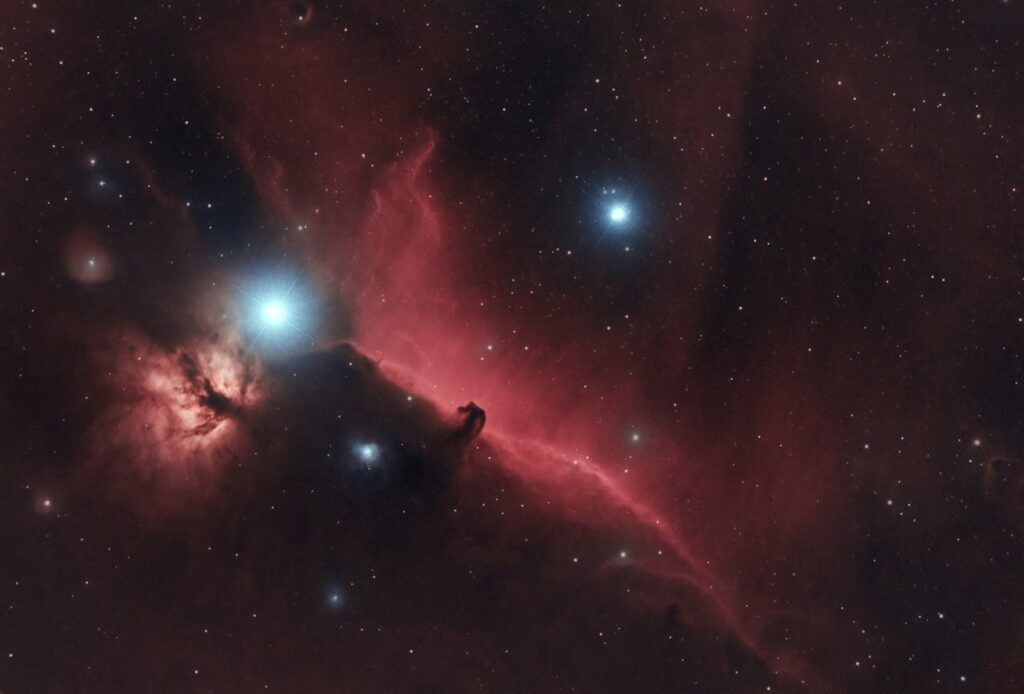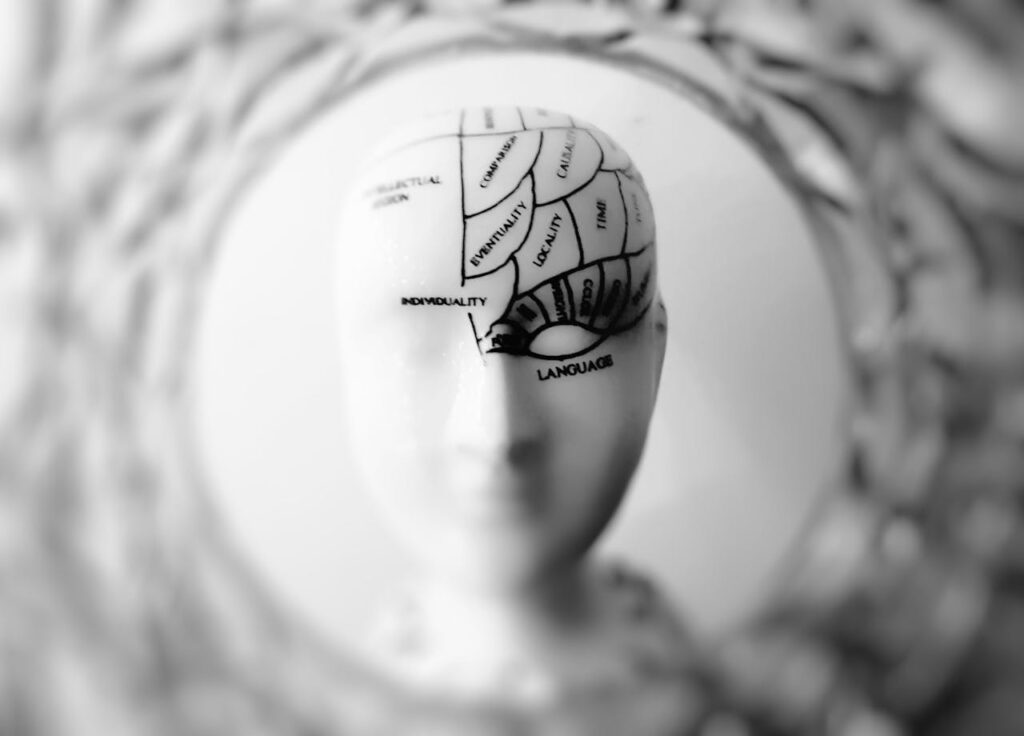When the Fog in Your Heart Finds a Name Understanding Nebulasexuality

Have you ever looked at someone and wondered, “Is this attraction or something else?” Maybe you’ve felt drawn to someone, but the feeling was fuzzy, neither clearly sexual nor purely aesthetic. You’re not alone. In a world where traditional labels often feel too tight, a new term is emerging that invites curiosity and compassion. The word is nebulasexual.

Let’s explore this together. Whether you’re neurodivergent or simply questioning how you experience attraction, this is about your story. I’ll walk you through what nebulasexual means, why it matters, how it connects with neurodivergence, and what it might offer those searching for words that finally feel like home.
What Nebulasexuality Means
Nebulasexuality is more than a label; it’s an attempt to capture the haziness of human attraction. These are people who “cannot tell if they experience sexual attraction or not, often due to neurodivergence or intrusive thoughts.”
Others describe it as being unsure whether attraction is romantic, aesthetic, or platonic, yet knowing it’s real. It’s the emotional equivalent of standing in a nebula, surrounded by swirling colors, unsure of their boundaries but mesmerized by their beauty.

What makes nebulasexuality particularly significant is how it acknowledges the uncertainty that many people experience but rarely articulate. It allows individuals to pause between extremes, to name a state that is neither full absence nor full certainty of attraction. For some, it represents a bridge between the asexual and allosexual spectrums, offering a resting place in the middle where feelings are fluid and introspective.
It also opens an important conversation about how language evolves to meet human complexity. Labels like nebulasexual are not meant to constrain identity but to give shape to feelings that previously had no form. In doing so, they help people better understand themselves and communicate their inner world to others.
The Cosmic Connection
The word “nebula” originates from the Latin for cloud, used in astronomy to describe massive formations of gas and dust where stars are born. The symbolism of this term gives nebulasexuality its poetic core. Just as a nebula holds both mystery and creation, nebulasexuality reflects the space between clarity and uncertainty in human attraction. The nebula is not static; it shifts, expands, and evolves, mirroring how attraction can feel both infinite and undefined.
People who identify with the label often resonate with this imagery because it captures the emotional and cognitive experience of not fully distinguishing one type of attraction from another. The swirling nature of a nebula becomes a metaphor for the constant movement of thought and feeling. It’s a space that allows for self-acceptance and curiosity rather than pressure to fit into rigid boxes.

The metaphor extends beyond symbolism to identity formation. In many online discussions, users describe nebulasexuality as a place of emergence, much like the nebula’s role as the cradle of new stars. It is not about confusion but about acknowledging the beauty that exists in the in-between. As one Tumblr user put it, “living in a fog that slowly turns into light.”
By drawing from the cosmos, this connection offers a larger perspective: the universe itself thrives on ambiguity and transition. Nebulasexuality, like a nebula, is not a fixed destination but a process of becoming that encourages people to view attraction as something to be explored rather than solved.
The Neurodivergent Lens
For those with ADHD, autism, or sensory processing differences, attraction can feel complex. One Reddit user shared, “As someone with ADHD, my brain processes everything differently. I might think someone is attractive, but whether that’s sexual, aesthetic, or just my brain hyperfixating? No clue. Nebulasexual fits perfectly.”
This identity gives voice to those who feel caught between definitions. It says, you are not broken. It acknowledges that your brain’s wiring shapes how you experience connection.

Understanding attraction through a neurodivergent lens reveals how differently brains can process sensory and emotional information. For some, intense focus or emotional empathy may blur the distinction between affection, fascination, and desire. What feels like attraction might actually be curiosity or sensory appreciation, and nebulasexuality provides a language for that uncertainty.
Neurodivergent individuals often describe how intrusive thoughts or overlapping sensory signals make attraction unpredictable. Some experience a mix of intellectual and emotional pull that doesn’t align with standard definitions of romantic or sexual interest. In recognizing this, nebulasexuality becomes less about confusion and more about coherence, about accepting that attraction, for some minds, is layered, shifting, and deeply individual.
What the Community Is Saying
Across platforms like Reddit and Tumblr, people describe nebulasexuality as both freeing and validating. One person wrote, “The idea that I’m not just shallow and can genuinely not understand romantic attraction or sexual attraction individually (I assumed I only felt sexual attraction, but it didn’t seem quite right) was honestly revolutionary to me and it’s helped me contextualize some things.”
Comment
by from discussion
inlgballt
Others find peace in the shared understanding it brings. Another Reddit user reflected on how the label helps them feel “less alone in trying to explain something that never quite made sense before.” These collective voices reveal a pattern: a search for clarity, a desire for belonging, and the relief that comes from seeing one’s own ambiguity reflected in others.
The online community plays a vital role in expanding awareness and fostering dialogue about lesser-known identities. Discussions often include people comparing experiences, sharing pride flag designs, or analyzing how nebulasexuality fits within the broader asexual and quoiromantic spectrums. This open exchange allows the term to evolve organically, shaped by lived experience rather than rigid definition.
There are also debates within these communities. Some users express concern about the growing number of niche labels, while others emphasize that each term has meaning because it validates real experiences. In these conversations, what stands out most is empathy: the understanding that identity is deeply personal and that language should help people find comfort, not constraint.
Ultimately, the community’s dialogue highlights how language becomes a tool for connection and self-recognition. Through shared stories, discussions, and the courage to name the unnameable, nebulasexuality transforms from a simple word into a shared mirror for those navigating the fog of attraction.
The Power of Naming
Before reaching any final thought, it is worth pausing on what naming itself represents. Giving something a name is one of the most human acts we can perform. It transforms uncertainty into recognition and allows intangible feelings to become visible. For those who encounter the term nebulasexual, naming is not just an academic exercise but a deeply emotional moment. It provides a framework for self-awareness, offering the comfort of knowing that their experience has a place in language and community.
Naming also creates pathways for social understanding. When individuals can describe what they feel, they can communicate it to others, reducing misunderstanding and isolation. In online forums and social circles, the simple act of saying, “This is what I identify with,” fosters empathy and dialogue. It encourages others to listen and to reconsider how they think about attraction and identity.

Beyond personal recognition, naming has cultural significance. It challenges societal norms that rely on clarity and classification by asserting that ambiguity can be meaningful too. Each new term expands the vocabulary of human diversity, allowing for experiences once overlooked to be recognized as valid and real. The word nebulasexual becomes a bridge between the inner world and the collective one, linking personal truth with collective understanding.
In this sense, naming is both self-affirming and revolutionary. It is the moment when silence becomes articulation, when what was once hidden takes shape through language. To name something is to say, “I exist, and my experience matters.” And in that declaration lies the quiet but powerful act of belonging and becoming.
Final Thoughts
If you have ever struggled to name what you feel, know that clarity does not always arrive as a single moment of understanding. Sometimes, it unfolds quietly, through reflection and the courage to stay curious about your own emotions. Nebulasexuality may be only one word, but for those who identify with it, it represents the profound act of giving voice to uncertainty and finding peace within it.
The beauty of this concept lies in its invitation to embrace the unknown rather than fear it. It encourages people to explore how their minds and hearts work together, even when they do not fit expected patterns. In doing so, it reframes uncertainty not as confusion, but as discovery.

In the vast sky of human experience, not every star shines with perfect clarity. Some glow faintly behind clouds, yet their light is no less real. Perhaps that is where your truth resides, not in absolute definition, but in the gentle acceptance that you are still learning, still unfolding, and still worthy of being seen.
Featured Image from Pexels
Loading...

